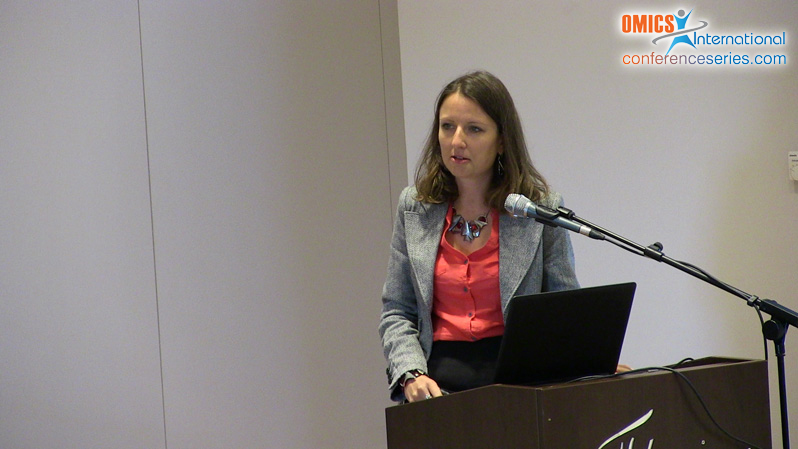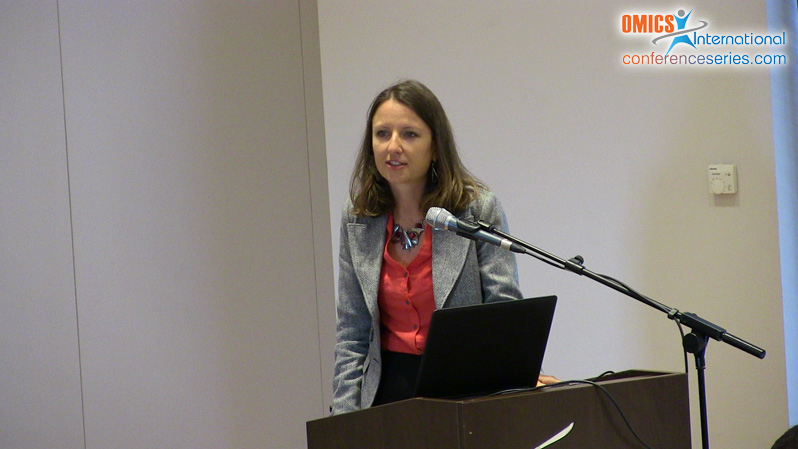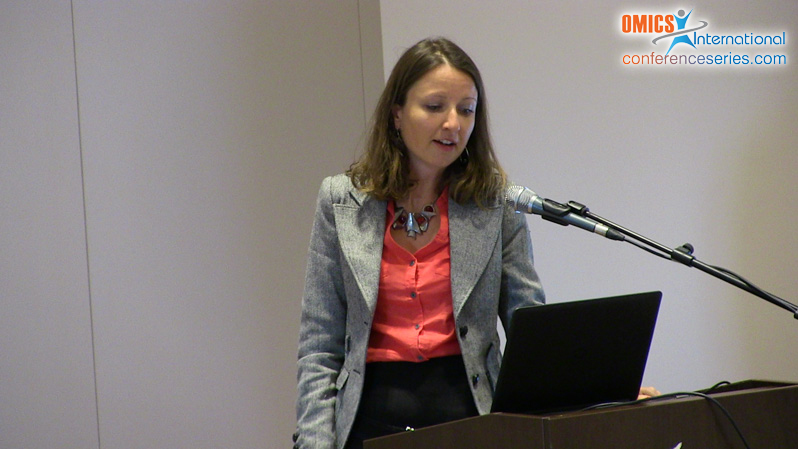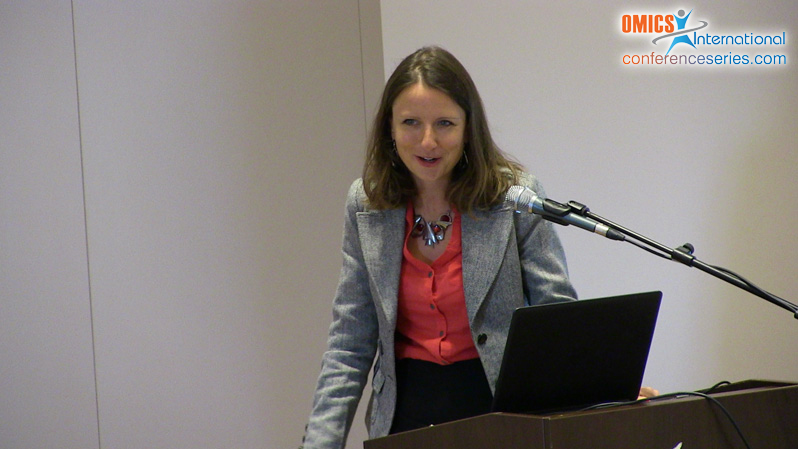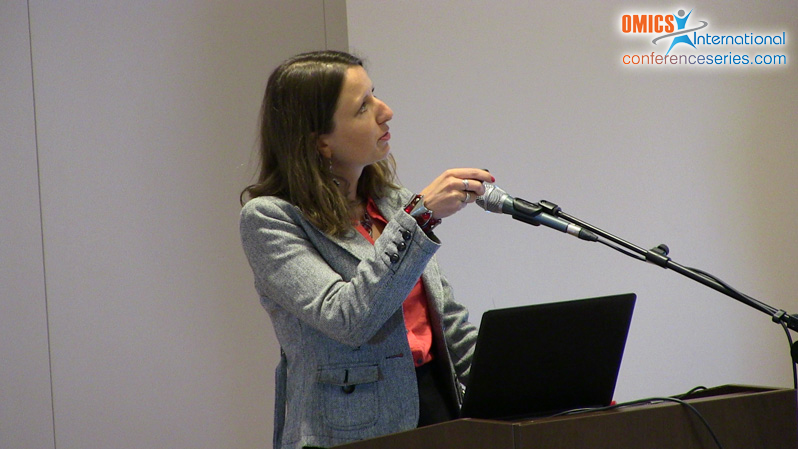
Aline Zimmer
Merck Millipore Germany
Title: Chemically modified cysteine in fed-batch processes and impact on CHO specific productivity
Biography
Biography: Aline Zimmer
Abstract
Industrial fed-batch cultivation of mammalian cells is used for the production of therapeutic proteins such as monoclonal antibodies. Beside medium ensuring initial growth, feeding is necessary to improve growth, viability and antibody production. Established commercial systems include a slight acidic concentrated main feed and a separate alkaline amino acid feed containing L-tyrosine and L-cysteine. Since L-cysteine is not stable due to its dimerization to cystine in the presence of air and metal catalysts, a stable L-cysteine derivative is needed to include all amino acids in neutral pH feeds. Those single feed systems are favored to simplify feeding schemes and improve the overall process robustness through stabilization of both pH and DO signals. Here, we suggest the use of a chemically modified cysteine in combination with phosphor tyrosine disodium salt in an industrial single feed fed-batch process applicable at small scale as well as in bioreactors. Cell culture experiments were carried out either in spin tubes or bioreactors with a CHO suspension cell line expressing a human monoclonal antibody. Viable cell density and viability were measured using an automatic cell counting device. Spent media analysis of supernatants was carried out for amino acids after pre-column derivatization and UPLC analysis and for vitamins using LC-MS/MS. Metabolite measurements were performed with Cedex Bio HT relying on photometric and turbidometric methods. Characterization of the monoclonal antibody was performed using 2-AB labeling for glycan analyses, cIEF for charge variants analyses and LC-MS/MS for peptide mapping experiments. Stability studies of the feed containing the modified cysteine derivative showed that the molecule was stable and that no L-cysteine or L-cystine was released over three months when stored at room temperature or 4° C. Moreover, no change in the color of the feed was observed over time. Small scale batch experiments where L-cysteine was replaced by the same amount of chemically modified cysteine indicated no change in growth or viability profiles. Use of the modified cysteine derivative in small scale fed-batch processes indicated comparable maximum viable cell density, prolonged viability and increased titer compared to the established two feed system. Bioreactor experiments confirmed the increase in specific productivity described at small scale when the single feed strategy was compared to the two feed strategy. In depth characterization of the monoclonal antibody indicated no change in the glycosylation or charge variant pattern whereas peptide mapping experiments were not able to detect any integration of the modified amino acid in the sequence of the monoclonal antibody.

